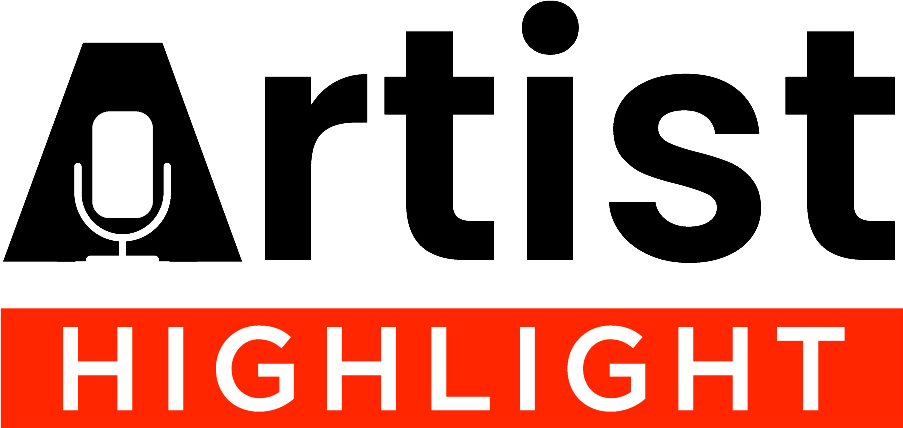San Francisco cemented its place in hip-hop history this past weekend with the launch of the inaugural SF Hip‑Hop Festival, a groundbreaking two-day event held at The Midway. Designed as both a tribute to the Bay Area’s rich hip-hop legacy and a bold look toward the future, the festival brought together legendary artists, emerging voices, and thought leaders in technology, music, and culture.
The event opened on Friday with “Culture RenAIssance,” a forward-looking symposium that explored the evolving relationship between hip-hop and artificial intelligence. Headlining the discussion was the iconic rapper Rakim, who introduced his fintech-AI project called Notes. The platform aims to support independent artists by leveraging artificial intelligence to enhance financial literacy and creative tools. Rakim’s insights were met with enthusiasm as attendees engaged in wide-ranging conversations around the role of AI in democratizing music creation, the ethical implications of automation in art, and how technology can serve—not replace—human creativity.
This intellectual kickoff laid the foundation for a festival that was as much about ideas as it was about beats. As Friday evening unfolded, the focus shifted from panels to performance, with a roster of artists that captured the spectrum of hip-hop’s evolution. Tha Dogg Pound took the stage in a celebratory set commemorating the 30th anniversary of their seminal album Dogg Food, energizing the crowd with classic West Coast sounds. On Saturday, Digable Planets delivered a powerful performance that brought their 1994 masterpiece Blowout Comb back to life, blending jazz-infused rhythms with sharp lyricism that still resonates today.
Read Also: https://artisthighlight.com/big-rapids-pride-festival-celebrates-love-and-community/
The festival’s lineup was a testament to both heritage and diversity. Local legends such as Souls of Mischief, RBL Posse, and San Quinn brought unmistakable Bay Area energy, while Mix Master Mike—performing with the legendary Invisibl Skratch Piklz—delivered a high-octane turntablist showcase. Panamanian-American group Los Rakas added an international flavor, further illustrating the genre’s global reach and influence.
Beyond the music, the festival was deeply rooted in social consciousness and community engagement. Attendees were invited to explore “Exhibit A,” an interactive installation co-sponsored by KQED that spotlighted the ongoing issue of Black displacement in San Francisco. The exhibit combined personal storytelling, visual art, and documentary footage to highlight the cultural erasure faced by longtime residents of the city. These themes were echoed in panel discussions throughout the weekend, which tackled topics like economic equity, youth empowerment, and the role of hip-hop as a vehicle for social justice.
At the heart of the festival’s mission was a clear intention to bridge the past and future of hip-hop. Co-founder Kamel Jacot-Bell emphasized the dual vision behind the event: honoring the genre’s foundational roots while nurturing the next generation of artists and innovators. “We’re not just looking back—we’re looking ahead,” Jacot-Bell said. “This festival is about preserving our culture and opening new doors for creators.”
As the weekend concluded, the SF Hip‑Hop Festival had done more than entertain—it had sparked conversations, forged connections, and set the stage for what organizers hope will become an annual celebration of culture, innovation, and community. With its unique fusion of performance, education, and activism, the festival established a powerful new model for how hip-hop events can both honor tradition and inspire progress.

